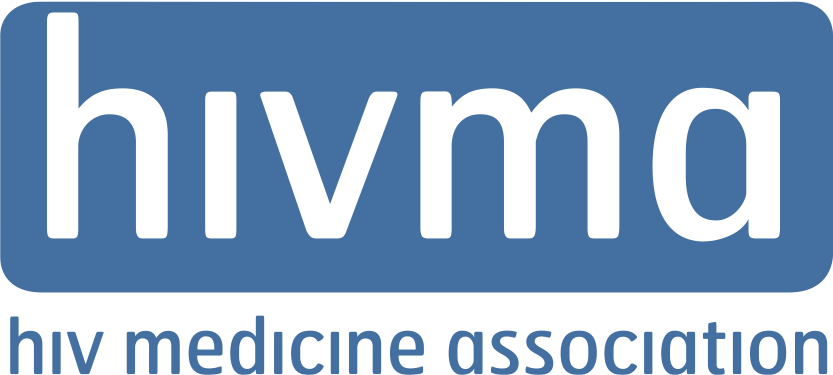Societies Urge FDA Advisory Committee to Maintain Standard, Existing and Transparent Process for COVID-19 Vaccine Review
The authorization or licensure of a COVID-19 vaccine must include the highest standards of thorough and transparent review to ensure the safety and effectiveness as well as the acceptance and uptake of an immunization against the novel coronavirus. Representatives of the Infectious Diseases Society of America and HIV Medicine Association presenting at today’s Vaccines and Related Biological Products Advisory Committee meeting call upon the U.S. Food and Drug Administration to ensure those standards are met.
In an Oct. 15 letter to the committee, IDSA, with its HIV Medicine Association and the Pediatric Infectious Diseases Society, have urged that a vaccine only be authorized or licensed when it has met existing Food and Drug Administration standards for licensure or the recommendations released in the agency’s October guidance for Emergency Use Authorization with the support of independent experts. While we maintain that a traditional licensure would provide more substantial indications of a vaccine’s safety and efficacy, the FDA recommendation that data for an EUA consideration include at least two-month follow-up evaluation of a candidate following the complete vaccine regimen is encouraging. We agree with the inclusion of a separate evaluation by the advisory committee before the issuance of an EUA, and further urge that a positive recommendation from the committee become a requirement for an EUA.
In addition we ask the committee to request that vaccine trials show sufficient data that candidates have been studied among the populations most affected by this pandemic, including older Americans, those with underlying conditions, African Americans and Latinx and Indigenous Americans, as well as among populations among whom a vaccine may perform differently, including children and pregnant women.
While a vaccine will be an essential tool to controlling this pandemic, the authorization of one that has not been demonstrated to be safe and prevent disease would bring new challenges and erode public confidence in all vaccines. In addition, even after a safe and effective vaccine is available, existing prevention measures, including masks, physical distance and hygiene, must remain central to measures to curtail the impacts of COVID-19.

